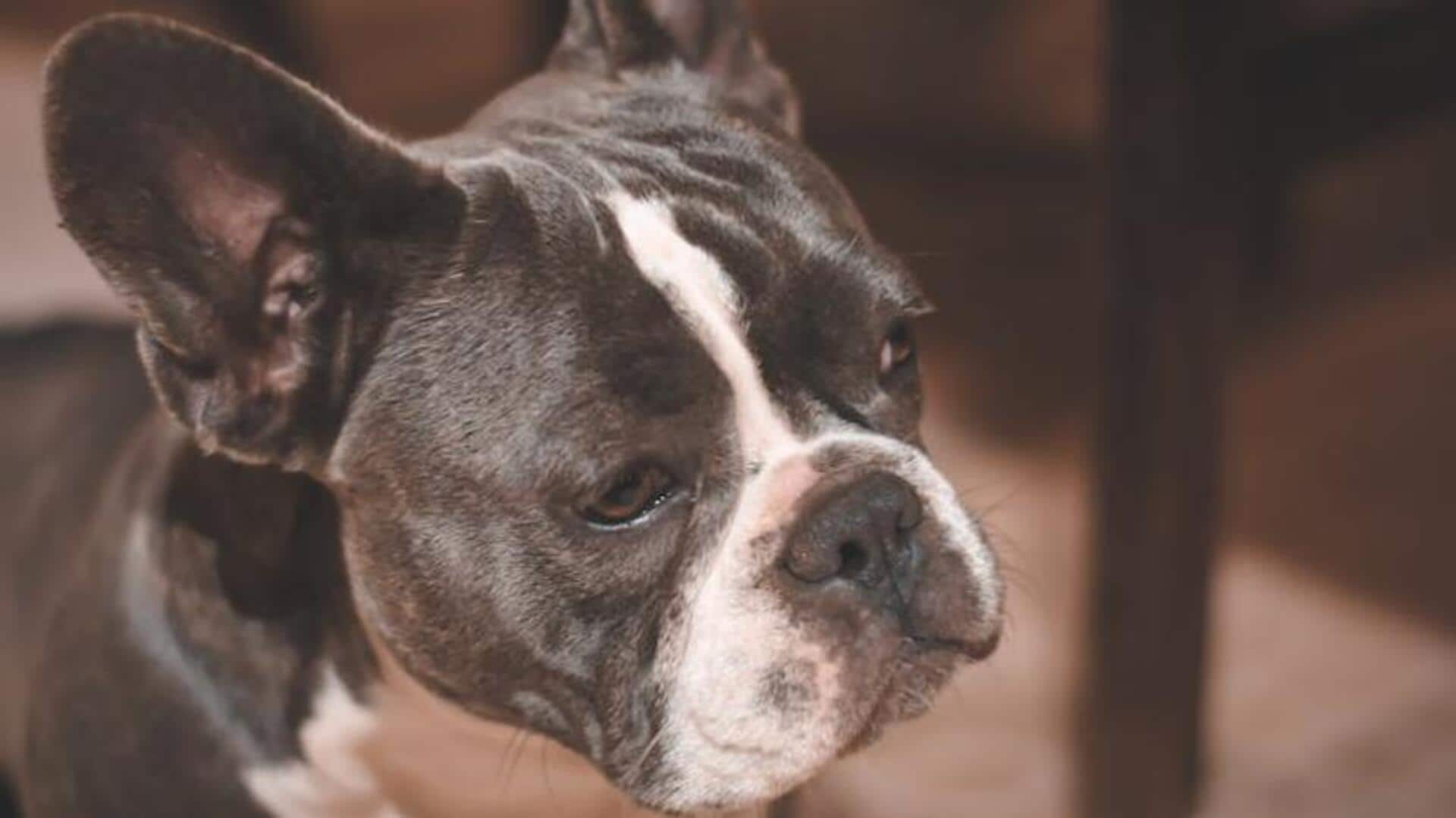
French Bulldog's dental care essentials to take note of
What's the story
The French Bulldog is a small yet prominent breed, instantly recognizable by its unique bat-like ears and sturdy body. These companionable dogs are a favored choice for many due to their amiable nature. However, their brachycephalic facial structure necessitates particular attention to dental care to prevent health issues, making dental hygiene an essential aspect of their routine maintenance.
Tip 1
Establish a dental routine early
Begin teeth brushing for your French Bulldog during puppyhood to foster early dental care habits. Familiarizing them with the brushing process is crucial, and using canine-specific toothbrushes and toothpaste is important, as human dental products can be detrimental to their health. While daily brushing is the goal, initially take small steps, offering rewards to encourage your pet's cooperation and make the experience positive.
Tip 2
Choose appropriate dental chews
Dental chews are an integral part of your French Bulldog's oral care, aiding in teeth cleaning between brushings. Opt for chews that are the correct size for your dog, designed to reduce plaque and tartar. Supervise your pet during chew time to prevent choking and to address any digestive issues that could arise from their use.
Tip 3
Regular dental check-ups
Annual dental check-ups with a veterinarian are essential for your French Bulldog. These visits enable professional teeth cleaning and the early detection of oral health issues. Gum disease and tooth decay are particularly common in brachycephalic breeds like the French Bulldog, whose crowded teeth can lead to such problems, underscoring the importance of these regular veterinary appointments for their dental care.
Tip 4
Be mindful of diet impact
A balanced diet is crucial for maintaining your French Bulldog's dental health. Feeding dry kibble can be beneficial, as it helps to remove plaque from their teeth, whereas wet food might contribute to plaque and tartar buildup. It's important to consult with your veterinarian to establish a diet that not only promotes your dog's overall well-being but also aids in their dental hygiene.